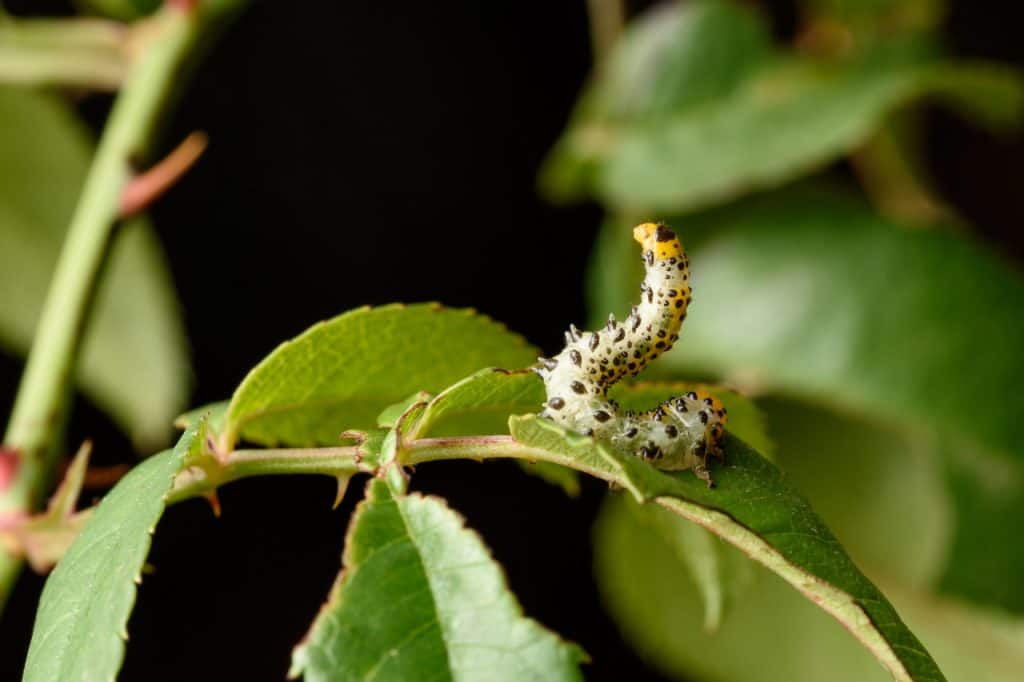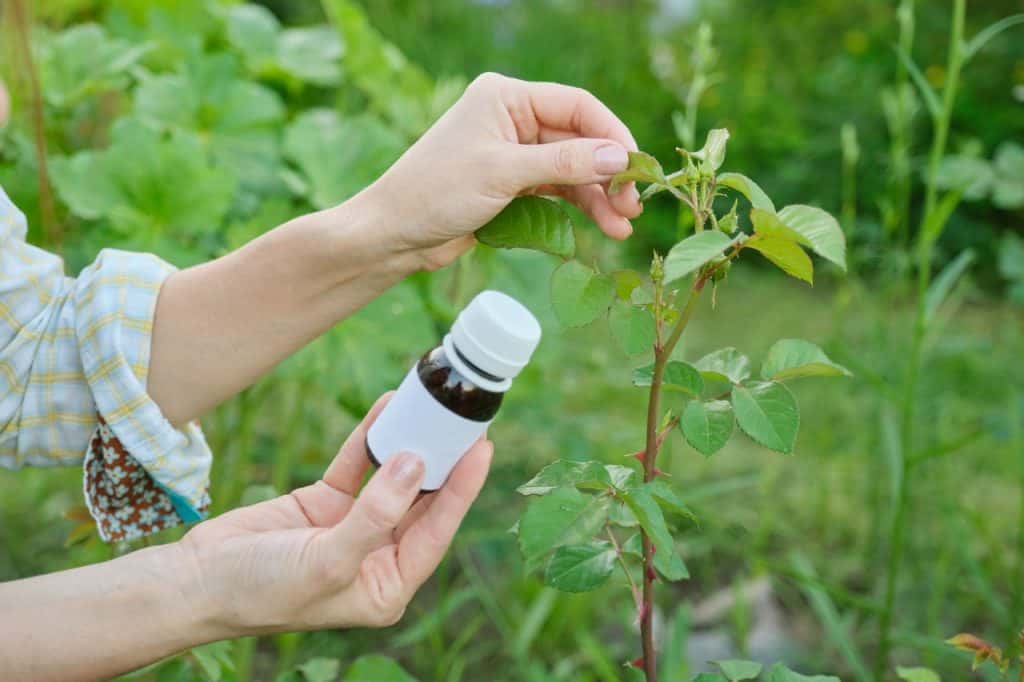Although their appearance is beautiful and unique, roses are often attacked by various diseases and pests. However, there are a few proven ways to protect roses from diseases and pests.
Red and white roses have been the most popular flowers in home gardens for years, even though they are not the easiest plants to grow. Besides being quite demanding, they are often attacked by various diseases and pests. The most popular flowers in home gardens, despite the fact that they are not the easiest plants to cultivate, are often attacked by various diseases and pests. It is also important to remember that the plants are not cultivated in the same way as they are in the first place. We suggest some solutions on how to treat plants that are affected and how to protect them from pests.

When choosing rose species for your home garden, it is a good idea to choose those that are more resistant to disease. Many ailments arise under the influence of improper care and unfavorable weather conditions, such as excessive rainfall
>> Read also: The easiest way to get a mole. Mole netting
An effective way to protect roses from disease is to quickly diagnose the cause and intervene appropriately, for example, by repotting. It is more difficult to protect plants from pests, especially from aphids, which cover leaves and flowers with whole colonies and multiply very quickly
Many experienced gardeners also spray roses with nettle manure mixed with water.

Many diseases that infect rose bushes are caused by dangerous fungi. One of the most common diseases affecting roses is powdery mildew. This is a fungal disease which manifests itself as a white coating on young leaves. The infection usually spreads very quickly, also to the remaining leaf blades, and then to the stems and flowers. Leaves affected by powdery mildew look unsightly, they are deformed and bend downwards. A plant that is heavily infected may stop developing properly, resulting in leaf loss and lack of flowering.
The fungal disease group also includes rose rust, which attacks the plant at the end of April and the beginning of May. It is very easy to recognize, because it manifests itself in the form of yellow-orange spots on young leaves. Infected leaves quickly become twisted and dry, and soon fall off.
>> See also: Natural ways to fight garden pests
The plant can also be attacked by black spot, which is a serious disease that attacks the plant, leaving spots on the leaves that are initially light brown and then blackish. The plant is also affected by black spot, which attacks the plant, leaving behind initially light brown and then blackish spots on the leaves. In the next stage, the disease also spreads to the shoots.
The best way to prevent diseases is to react quickly at the first disturbing symptoms appearing on rose leaves. When the plant is already infected, detach the diseased leaves and collect and destroy those that have already fallen. It is important not to pour water over rose leaves when watering. The persistent moisture on them promotes the development of diseases that are caused by fungi
Roses are subject to attacks by many insects and pests. The most common insects that often lead to the destruction of rose bushes are aphids. These pests live in colonies, reproduce very quickly and feed on flower buds. The effect of an aphid on the plant is the inhibition of its growth and deformation of the flowers. Treatment must begin as soon as the first specimens are observed – the plant should be sprayed with insecticides.
The rose borer is another unwelcome guest on rose bushes. The rose borer produces small white spots on the rose leaves. Over time, the rose borer turns the leaves completely white and falls off the stem. If you want to protect your plant from the rose borer, you should immediately spray it with a chemical insecticide.